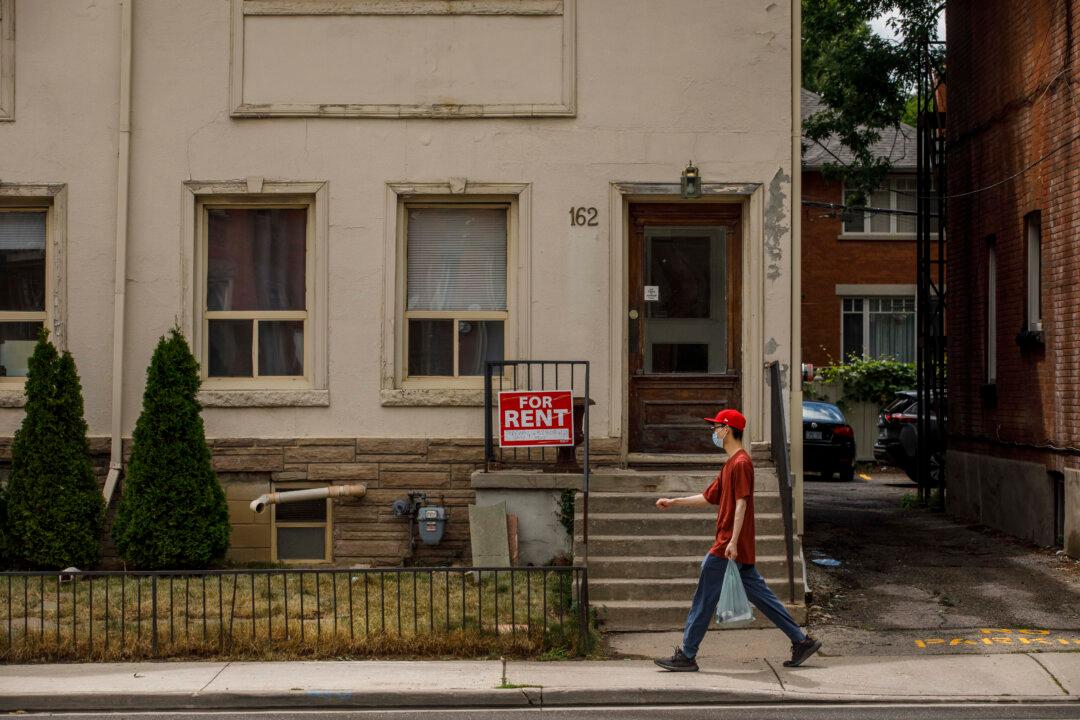A backlog of cases at Ontario’s Landlord and Tenant Board has grown to 38,000 and it is taking an average of seven or eight months—sometimes up to two years—for a hearing to be scheduled, the province’s ombudsman said Thursday.
The findings are part of a large report from Ombudsman Paul Dubé, who has issued 61 recommendations aimed at improving the functioning of the board and its “excruciating delays.”





